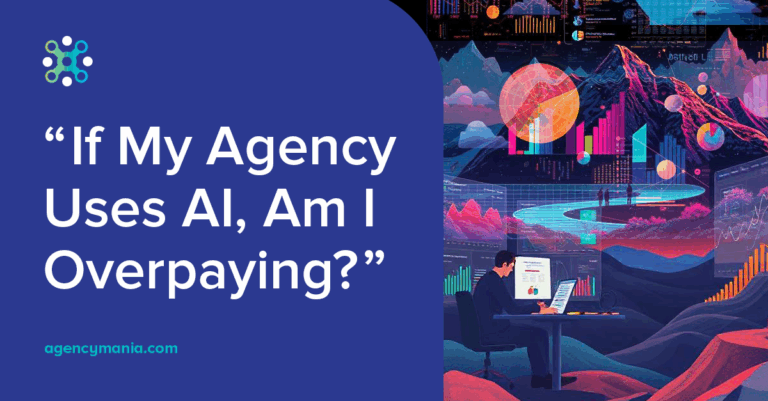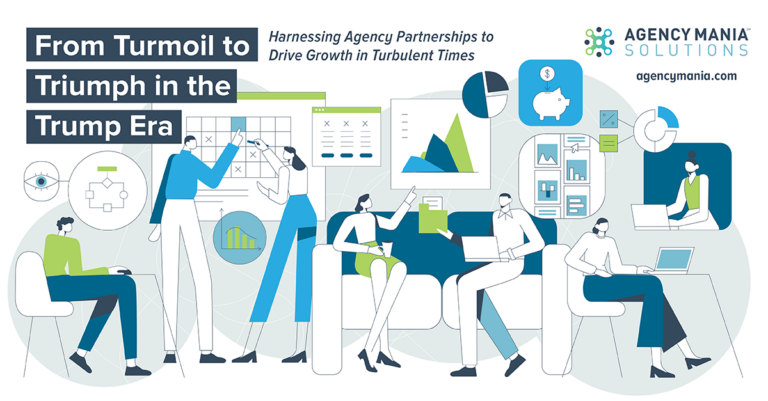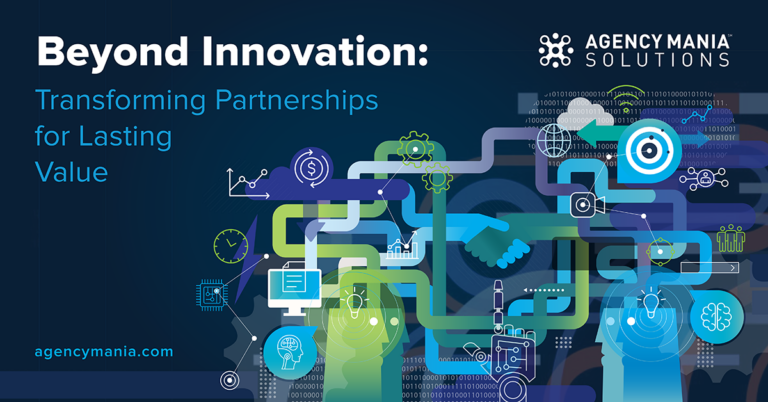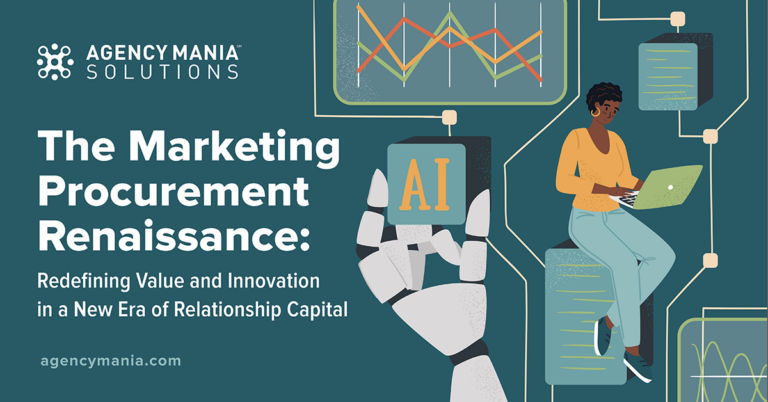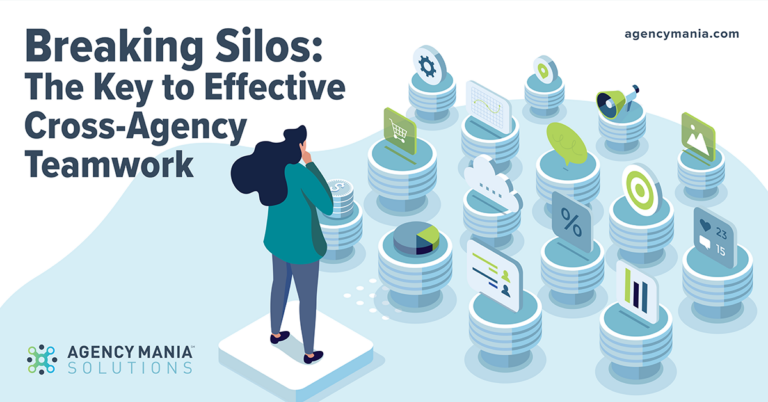Confessions of an Ex-Client
I’d like to confess. Actually, I have multiple confessions to make. Four to be precise. No worries. This is not a remake of “Confessions of a Dangerous Mind” (2002), so they won’t keep you up at night. But if you’ve ever been a client, you too would have much to say. By now, we can all agree that the client/ agency relationship is no longer what it used to be. Long gone are the days of long-lasting relationships where it took a major blowup for the partnership to be at risk. Now, relationships are very fragile. So fragile indeed that the only thing that might keep an agency from walking over the deadly precipice of a separation is a performance improvement plan (PIP) and a 90-day termination clause, which is increasingly shorter as clients ask for more flexibility and are unwilling to commit long term.
I’ve had the opportunity to work as a client many times over and manage a complex set of relationships with incredibly talented agencies and their holding companies. Managing agency partnerships successfully is both an art and a science. Because it’s both, it’s subject to many challenges, biases and other intangibles that are part of our daily lives. Ignoring them is risky. Acknowledging and embracing them is a first step toward overcoming most common challenges.
Confession #1: Most clients don’t understand the agency business.
That’s the reality. I was lucky to have worked at agencies before, but most clients have never had this experience. It puts them at a disadvantage because it’s hard to fully understand how agencies operate, how they manage their P&L and why they behave the way they do at times, unless you’ve walked in their shoes. What can be done to address this? Some agencies do a very good job of sharing with their client the unique operational nuances of their business and how these might impact the relationship or how it’s managed. I always encourage clients to spend me at their agencies to experience firsthand the inner workings of the agency life. Some clients organize agency days where client teams get to spend me with their agency counterparts in their offices. The be er you understand the agency business, the be er equipped you are to build mutually beneficial partnerships.
Confession #2: Too many clients think agencies are operating with fat or hidden margins.
Last year’s ANA survey, “Enhancing Client Agency Relationships,” demonstrated the huge gap in perception as it relates to compensation. Only 40% of agencies feel that their compensation arrangements are fair, while 72% of clients feel that they are. One-third of agencies actually disagree or strongly disagree. It’s not new. The era of “Mad Men” in the 1960s, populated with alpha male characters like Don Draper, hasn’t helped and is s ll trailing in clients’ minds: agencies are perceived to be operating with fat margins that pay for the extra martinis. The lack of transparency further accentuated by the recent debacle of AVBs and media rebates continues to fuel the perception that agencies are always finding ways to make up for profitability in ways that are not always clear to the client. What is the solution? Well, greater transparency around agency compensation and more accurate reporting go a long way to address this perception gap. Well-informed clients know that when agencies make reasonable profits, it allows agencies to secure and assign top talent, which ultimately benefits their clients.
Confession #3: Too many clients don’t know that they are bad partners.
Collaborating effectively with an agency is a skillset that most clients acquire over the years. They have the scars to prove it. And there are a number of benefits of being a great client. The work produces better results and you end up attracting the best agency talent over me. Everyone at the agency wants to work on your business, and as a result, the work continues to flourish. What does it mean to be a good client? Provide strong guidance. Set clear expectations. Encourage risk-taking and autonomy. Push the envelope. Challenge the work in constructive ways. Provide direct, timely and actionable feedback. Lead by example. And the list goes on. Unfortunately, too many clients don’t know that they are bad clients. In the same ANA study referenced earlier, only 36% of agencies don’t think the client approval process works well, while over half of clients (54%) feel it does. Only 27% of agencies think clients provide clear assignment briefings to them, while 58% of clients think they do. The solution? Open, direct feedback and 360-degree client/agency evaluations allow clients to learn the important role they play in building a productive relationship with their agencies, and how to become better clients over me.
Confession #4: Clients significantly impact how agencies behave or perform.
The most progressive clients welcome the opportunity to conduct self-assessments or get feedback from their agencies about their role in the partnership. Many times, I’ve seen clients complain about the lack of strategic insight brought forward by the team without realizing that their fee-reduction efforts may have led the agency to remove critical staffing resources that would be tasked to fulfill that role. They may unintentionally do something that gets in the way of an outcome they desire. Is the client adequately training the agency? Is the client providing clear guidance and the resources needed for it to be successful? Is the client giving the agency enough me or access to resources to think proactively or innovate on the account? Is the client cutting budgets that might impact the quality of resources available to the agency? Client decisions around agency assignments or budgets tend to have a domino effect on the agency relationship, which is felt later on and is likely to shape the relationship for the foreseeable future. Building las ng partnerships in today’s cut-throat environment is not a walk in the park. Many roadblocks s ll get in the way of clients and agencies working together in a harmonious and collaborative way. A more structured approach to planning, scope of work development, staffing and fee alignment, as well as performance evaluations, reduce the inherent frictions and create a be er and more productive environment.
“The end of confession is to tell the truth to and for oneself.” – J. M. Coetzee, Novelist and recipient of the 2003 Nobel Prize in Literature


